1. Learning at the Speed of Thought
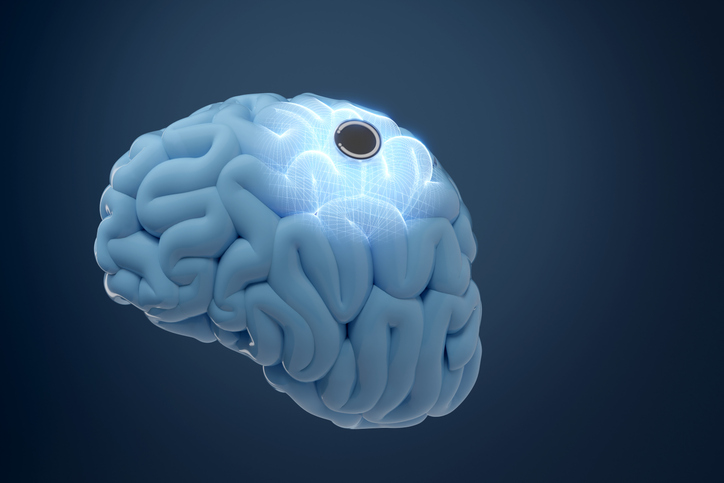
Technology and the human brain are becoming closer than ever, and brain implants may soon change how we learn and define ourselves. Imagine absorbing an entire language in a few hours or mastering complex skills through thought alone. These devices could help our minds store and recall information with incredible speed, reducing the time spent studying and increasing creativity. But it also raises deep questions about what learning truly means. If knowledge can be uploaded in an instant, will the process of struggling, failing, and growing still hold the same value it does today?
2. Personalized Learning Like Never Before
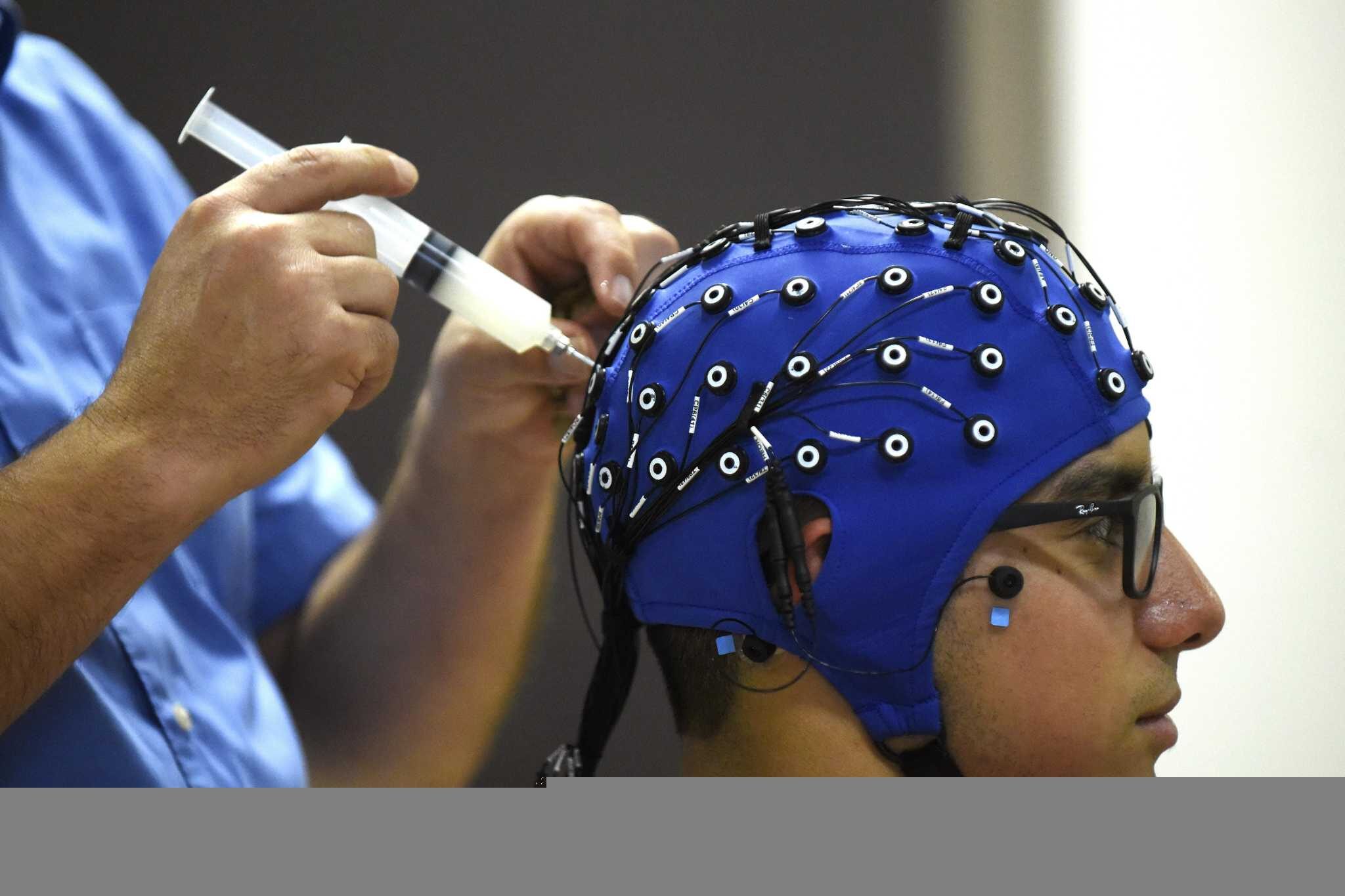
Every mind learns differently, and brain implants could finally honor that truth. Instead of static lessons, they might track focus and energy levels, adapting teaching methods in real time. A student struggling with equations might automatically receive visual examples or slower explanations. Learning could become truly personal, built around the unique rhythm of each mind. This would create fairer and more fulfilling education for everyone. However, it also poses a question of balance. How much control should technology have over the way our brains learn and respond to information meant to shape who we become?
3. Overcoming Learning Barriers

For people who face challenges like dyslexia, ADHD, or memory disorders, brain implants could open new possibilities. By strengthening connections in specific brain areas, they could help improve focus, reading speed, and retention. Imagine classrooms where learning differences no longer limit potential but become diverse learning styles supported by technology. These implants could empower students who have struggled for years to finally thrive. Yet, it’s essential to remember that uniqueness defines humanity. The goal of progress should be inclusion, not conformity, ensuring that every mind, enhanced or not, is valued for what it naturally brings to learning.
4. Strengthening Memory Recall

We all know the frustration of forgetting something important, whether it’s exam material or a loved one’s birthday. Brain implants might help store and retrieve information like digital memory assistants. They could help students retain details longer and professionals recall critical data instantly. This might change how we view intelligence, emphasizing recall over repetition. Still, natural memory has its beauty. Forgetting teaches perspective and allows room for new experiences. If every moment and detail could be perfectly recalled, would we lose the gentle art of letting go that keeps life moving forward gracefully and meaningfully?
5. Emotional Learning Support
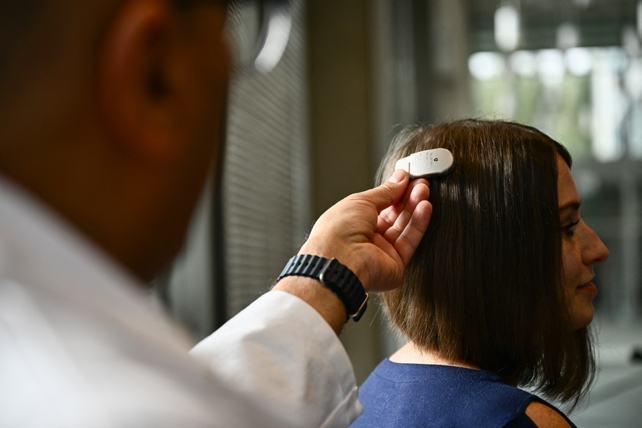
Sometimes emotions make learning harder than it needs to be. Brain implants could help monitor stress and anxiety, gently calming the mind to improve focus and patience. A student feeling overwhelmed might receive subtle stimulation to restore balance and confidence. Lessons could become smoother, making learning feel peaceful rather than pressured. However, emotions are part of what makes us human and creative. They drive passion and persistence, even in moments of frustration. If technology smooths every emotional edge, we might lose the natural resilience and joy that come from facing challenges with our full, imperfect humanity.
6. Shared Learning Experiences

Imagine sitting in a classroom and instantly understanding what your teacher knows without notes or repetition. Brain-to-brain communication could one day allow knowledge to flow directly between people. Learning might become a shared experience rather than an individual effort. Group projects could feel effortless as minds link together to solve problems faster. Yet, this connectedness brings questions about privacy and independence. If thoughts can be shared so freely, how do we protect the space that makes our minds personal? The beauty of learning lies not only in knowing but in the quiet discovery that belongs only to you.
7. Improving Attention and Focus
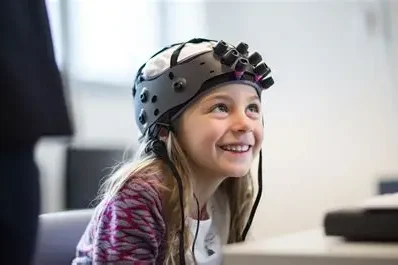
In an age of constant distractions, staying focused can feel impossible. Brain implants could help strengthen concentration by gently stimulating regions of the brain that manage attention. Students might focus longer during lessons, while workers could maintain clarity on demanding tasks. It sounds like a dream for anyone battling procrastination. Yet, moments of distraction often lead to unexpected inspiration. Great ideas sometimes come when our minds wander. Perhaps the goal isn’t to eliminate distraction completely but to find harmony between discipline and imagination, allowing the brain to rest and refocus naturally when it truly needs to.
8. Protecting Personal Identity
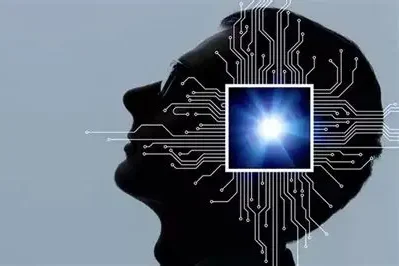
As technology moves closer to our minds, identity could become more complex. If implants record thoughts or emotions, they might also influence how we define ourselves. The line between human and machine could blur in subtle ways. Imagine remembering an event differently because your implant adjusted how it felt. Our sense of self might evolve with every update. Still, identity is more than stored data. It’s built through choices, experiences, and emotions. Even if technology becomes part of who we are, the core of humanity will always come from the spirit that shapes how we think.
9. Sparking New Creativity
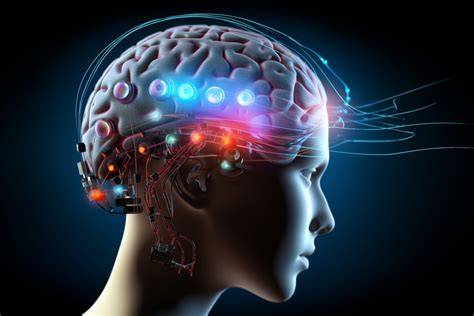
Creativity could evolve in surprising ways through brain implants. Artists might paint or compose music directly from thought, turning imagination into instant creation. Writers could translate ideas faster than they can type, and students might visualize abstract concepts effortlessly. This could make creativity more accessible to everyone, regardless of skill or background. Yet, creative power often comes from trial, error, and imperfection. If everything becomes instant and flawless, will art lose its emotion? Sometimes it’s the rough edges, pauses, and struggles that give creativity its soul and remind us why expression feels so deeply human.
10. Rethinking Education Systems

Brain implants might completely transform classrooms. With instant access to knowledge, lessons could focus more on interpretation, analysis, and emotional growth than memorization. Teachers would become guides who nurture curiosity instead of repeating facts. Students might collaborate on solving real-world problems rather than cramming for tests. Education could feel more connected to life itself. However, such a shift could make traditional learning obsolete. If everyone can know everything instantly, the question becomes not what we know but how we use it with empathy, awareness, and purpose in a world shaped by shared intelligence.
11. Rebuilding Lost Skills
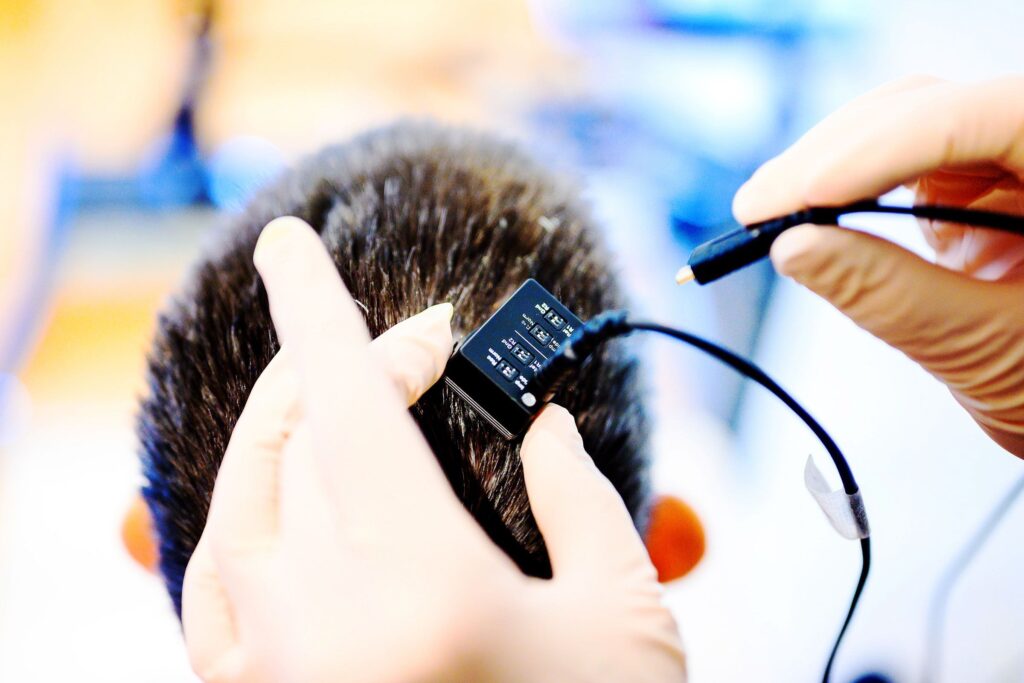
For those who lose abilities due to injury or illness, brain implants could help rebuild what was lost. They could reconnect damaged neural pathways, allowing patients to regain speech, mobility, or memory. Rehabilitation might become faster and more hopeful, giving people back independence and confidence. Imagine learning to walk again through direct brain stimulation guiding each step. This technology could change lives in ways once thought impossible. Yet, recovery is more than physical progress. The emotional strength and patience behind healing remain deeply human and can never be replaced by technology alone, no matter how advanced.
12. Calming Anxiety in Learning

Anxiety often blocks understanding, making it hard to concentrate or perform well. Brain implants could detect stress signals and gently balance brain activity, helping learners stay calm and focused. This could make classrooms feel less intimidating and exams less overwhelming. Students might approach learning with confidence rather than fear. Still, challenge builds resilience. Struggling through pressure teaches self-control and courage. If technology erases every moment of discomfort, will future generations still develop the inner strength that turns obstacles into opportunities for growth, patience, and lasting emotional maturity in the journey of learning?
13. Connecting the Mind and AI
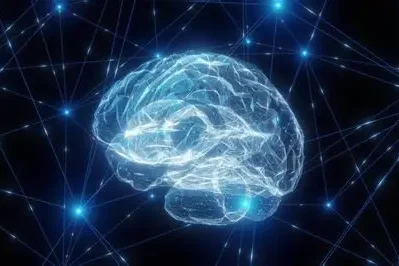
Brain implants could one day connect human thought directly with artificial intelligence. Imagine having access to limitless data the moment you think of a question. This combination could make research, problem-solving, and creativity much faster. Humans might rely on AI as mental partners rather than external tools. Yet, even with such power, emotion, and intuition will remain irreplaceable. Machines can calculate and analyze, but only humans can feel compassion, wonder, and empathy. The true future of intelligence may lie not in replacing humanity but in blending technology with the heart that defines our wisdom.
14. Preserving Memories Forever
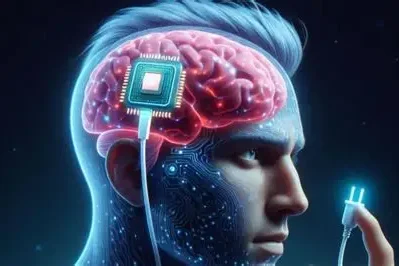
Time fades even our most precious memories, but implants might one day change that. Imagine being able to revisit your wedding day, a childhood moment, or a loved one’s laughter exactly as it happened. Memory preservation could give people comfort and help families pass down experiences across generations. Yet, forgetting has meaning too. It allows healing, growth, and space for new moments to form. If we never forget, life might lose its sense of renewal. Perhaps memories are meant to be lived, cherished, and gently released rather than endlessly replayed without pause.
15. Redefining Emotional Intelligence

Brain implants might one day help people understand emotions better by identifying and adjusting mood patterns in real time. This could help learners stay empathetic and focused while interacting with others. Schools could use this to teach kindness and cooperation alongside academics. While this technology might make communication smoother, emotional intelligence must still grow through experience. We learn empathy by living it, not by programming it. True understanding comes from listening, sharing, and caring. Technology may guide awareness, but the heart will always lead the way in building connection and compassion that last.
16. Breaking Language Barriers

Communication could change forever if brain implants allow instant translation between languages. People could speak naturally, and the implant would interpret in real time, breaking barriers between cultures. Travelers, students, and professionals might interact effortlessly without years of study. This could bring the world closer together, making understanding universal. However, language is more than words. It carries culture, humor, and emotion that shape meaning. Instant translation might help us speak, but it cannot teach us to feel another culture’s rhythm. Learning languages slowly connects us in ways no shortcut ever truly could.
17. Building Shared Intelligence
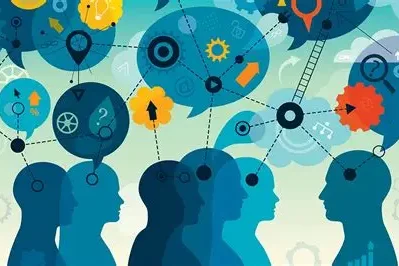
Imagine groups of people connected through their minds, sharing ideas instantly and working as one. Brain networks could help solve problems faster by combining strengths and perspectives. Scientists might collaborate on discoveries in seconds, and teams could understand each other without explanation. It sounds inspiring but also risky. When thoughts overlap too much, individuality might fade. Collaboration should celebrate difference, not erase it. The most powerful learning happens when minds connect respectfully yet remain distinct, blending understanding without losing the unique voices that make human thinking beautifully diverse.
18. Healing Emotional Wounds

For people living with trauma, brain implants could help ease painful memories by softening emotional responses. This could make therapy more effective, offering relief to those who feel trapped by the past. Learning and living could become easier without constant reminders of pain. Yet, our experiences shape who we are. Even the hardest moments teach empathy, strength, and patience. Healing should never mean erasing ourselves. The goal should be peace, not perfection, helping people carry their stories with lightness instead of forgetting what made them strong enough to keep going.
19. Expanding Human Potential
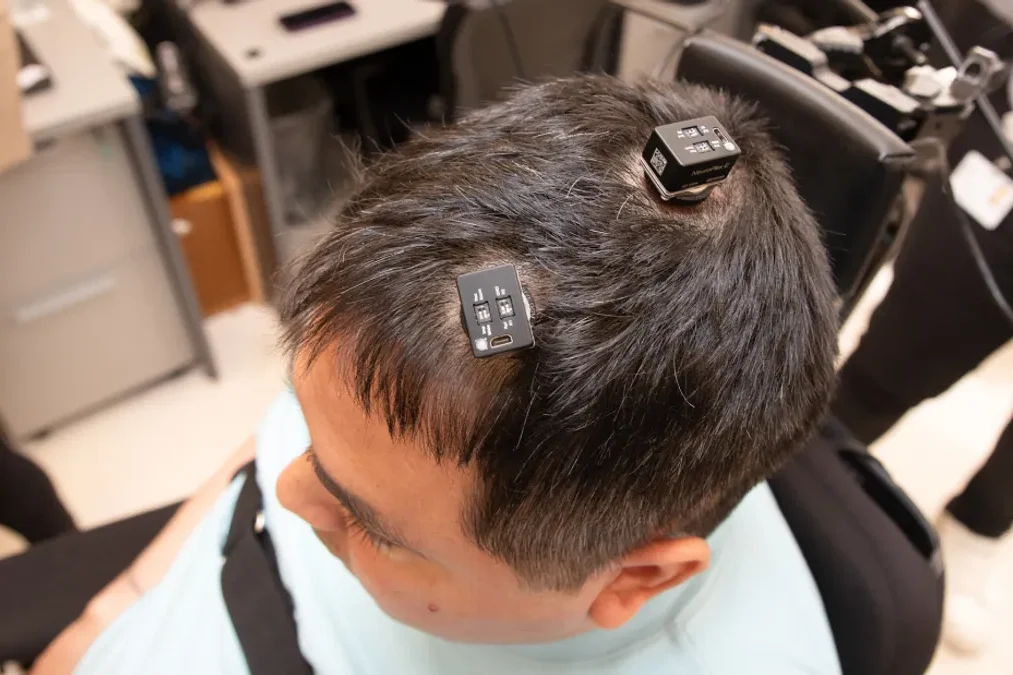
Brain implants could push intelligence, creativity, and perception beyond natural limits. Imagine solving complex problems, learning new fields instantly, or exploring deeper self-awareness through thought. This could mark the beginning of a new human era where knowledge is limitless. However, technology’s reach must match our moral growth. Expanding potential means more than gaining power; it means using it wisely. True intelligence is measured not by speed or precision but by kindness, understanding, and humility. The greatest minds will still be those who choose compassion as much as innovation in shaping our shared future.
20. Rediscovering What It Means to Learn

As technology blends with our brains, learning may no longer be about memorizing facts but about becoming more human. Brain implants could make understanding faster, emotions steadier, and creativity boundless. Yet, the heart of learning will always be curiosity, not control. The most meaningful lessons come from exploration, not perfection. As we move into this new age, perhaps the greatest discovery will be that wisdom grows from experience, empathy, and reflection. The future of learning might remind us that true intelligence begins when we listen to ourselves and keep choosing to grow.
This story 20 Unexpected Ways Brain Implants Could Reshape Learning and Identity was first published on Daily FETCH


